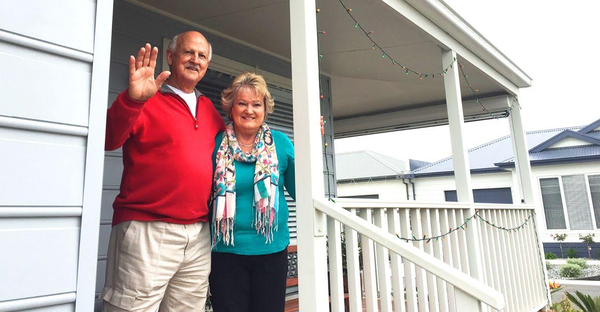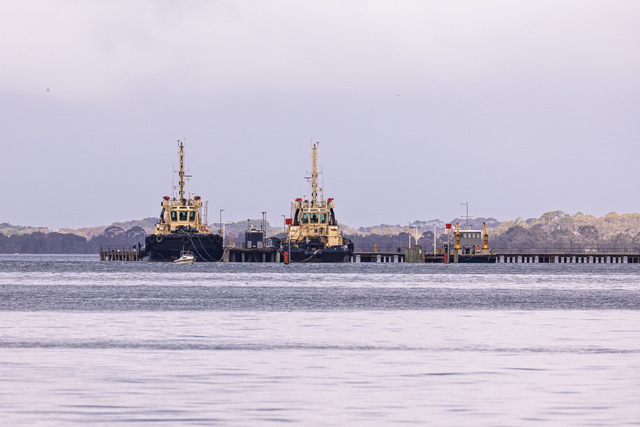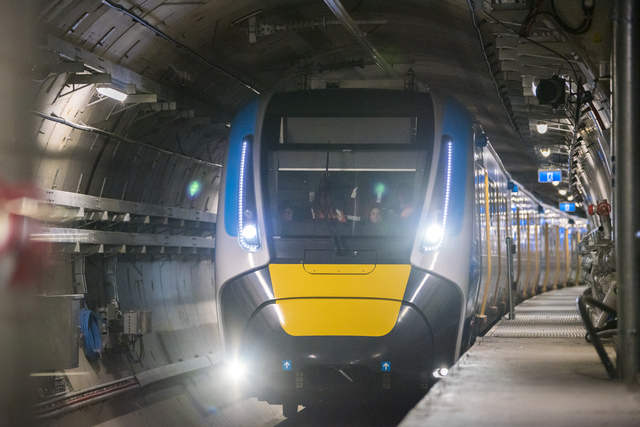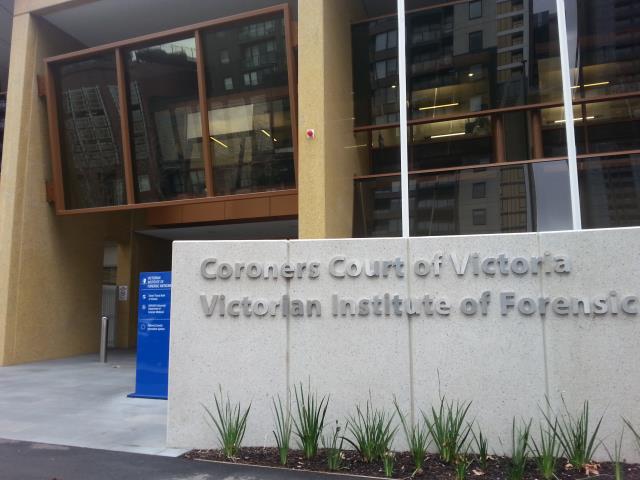Cranbourne East and Clyde North are among the top 10 solar savvy suburbs in Melbourne.
This is according to the State Government Solar Homes program – with more than 71,700 successful applications from Victorians for rebated solar panels, solar batteries and solar hot water systems.
Minister for Solar Homes Lily D’Ambrosio met a resident living in a unit managed by SouthEast Housing Cooperative in Cranbourne, who is already saving significantly on her power bills through rooftop solar.
Community housing residents with solar systems on their roofs receive 100 per cent of the power bill savings created by the panels – ensuring the energy cost savings available under Solar Homes reach those who need it most.
The not-for-profit housing providers receive the rebate and pass on the bill savings to their tenants. More than 61,700 solar systems have now been installed and $124.6 million in solar rebates have been paid out, with 41 per cent of solar applications from households across rural and regional Victoria.
Ken and Lyn Loveless, a retired couple who live at the Lifestyle Community Village at Skylark Boulevard in Clyde North, decided to sign up to the Solar Homes rebate after feeling the cost-of-living impacts, saying it was a way “you can save money and help balance the budget and at the same time”.
“We have to budget and we have to be careful with our money and this is a good way of saving money. I would recommend that everybody – no matter what your salary or what you’re earning capacity is, that you seriously consider this,” Mr Loveless said.
Solar Homes is reducing energy bills for families who need it most, with 69 per cent of solar rebates going to households with incomes of less than $105,000, and at least 10 per cent to those earning less than $16,000 a year.
The State Government has also delivered 191 solar systems directly to community housing organisations.
When completed, Solar Homes will have created 5,500 jobs and reduced the State’s carbon emissions by almost 4 million tonnes – the equivalent of taking one million cars off the road.







